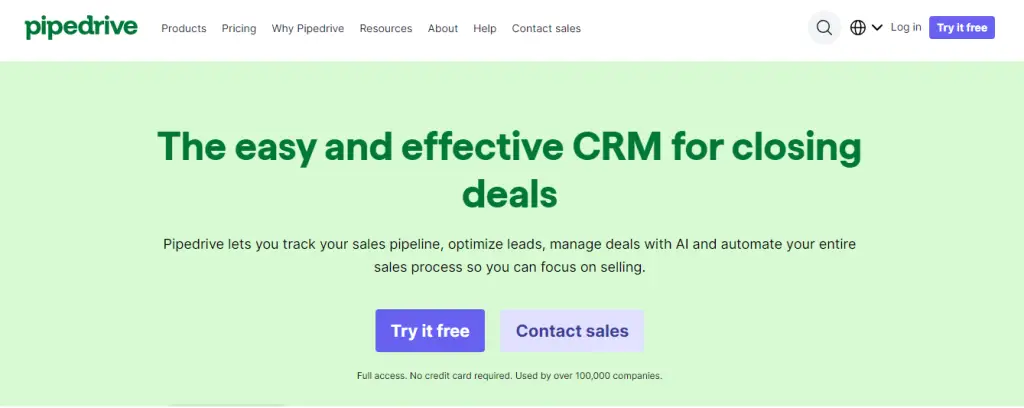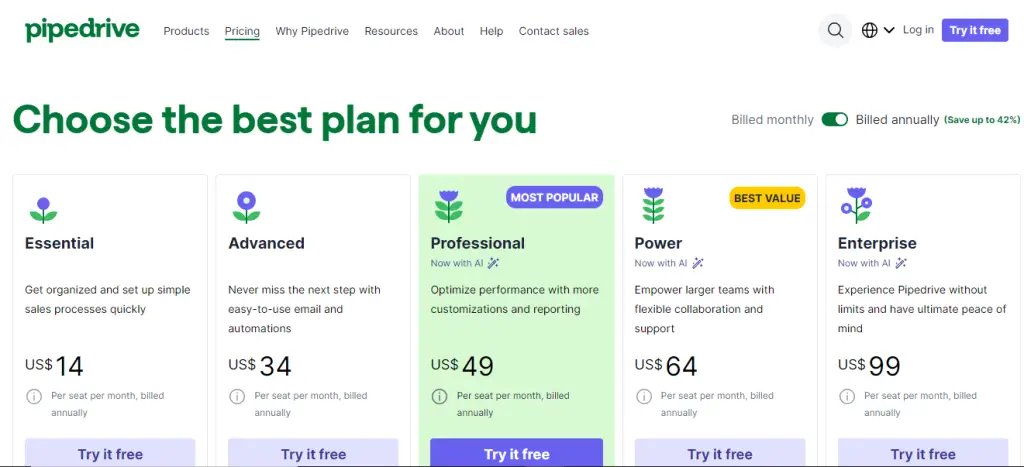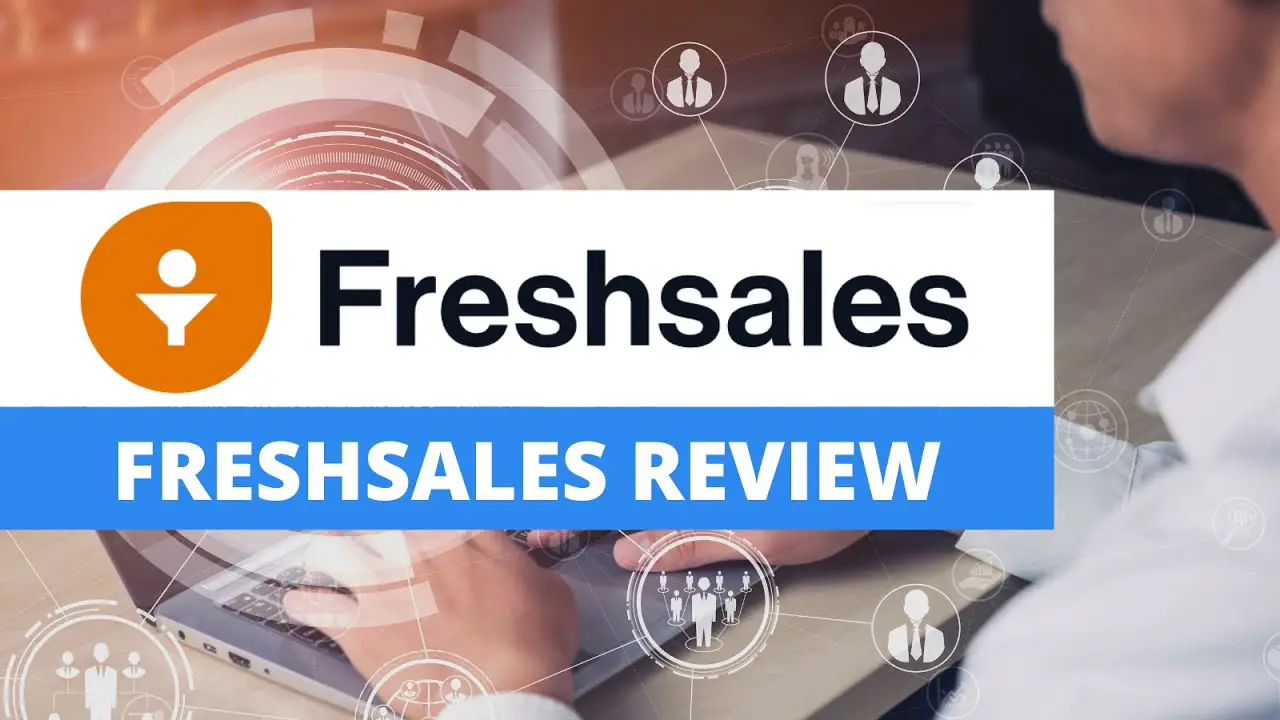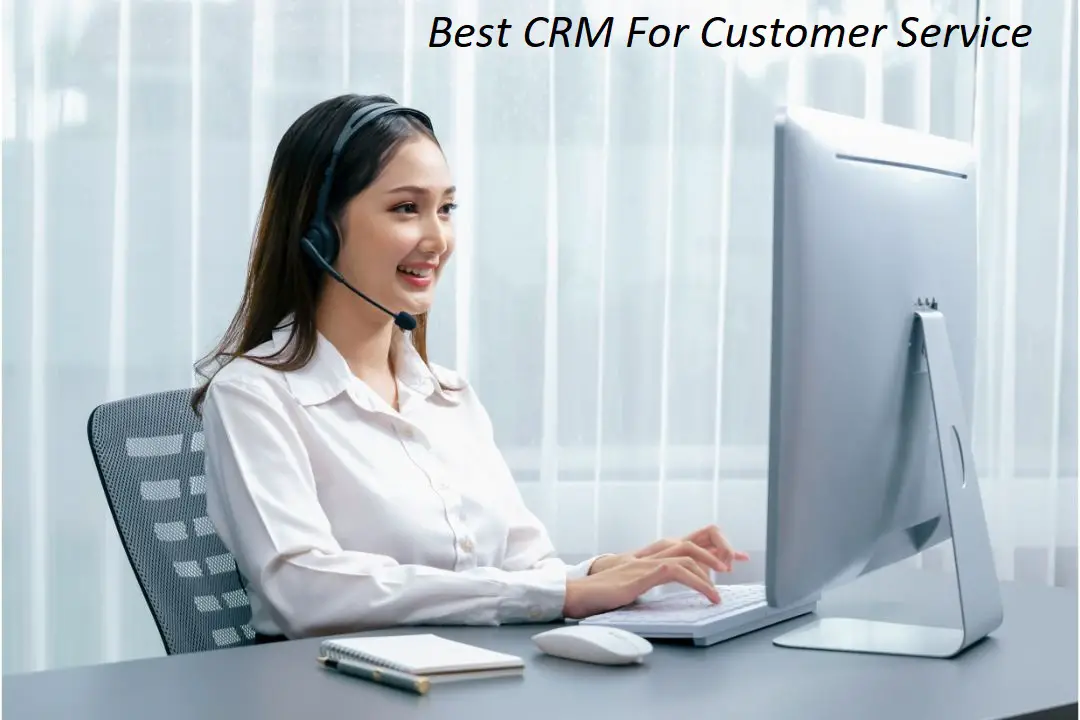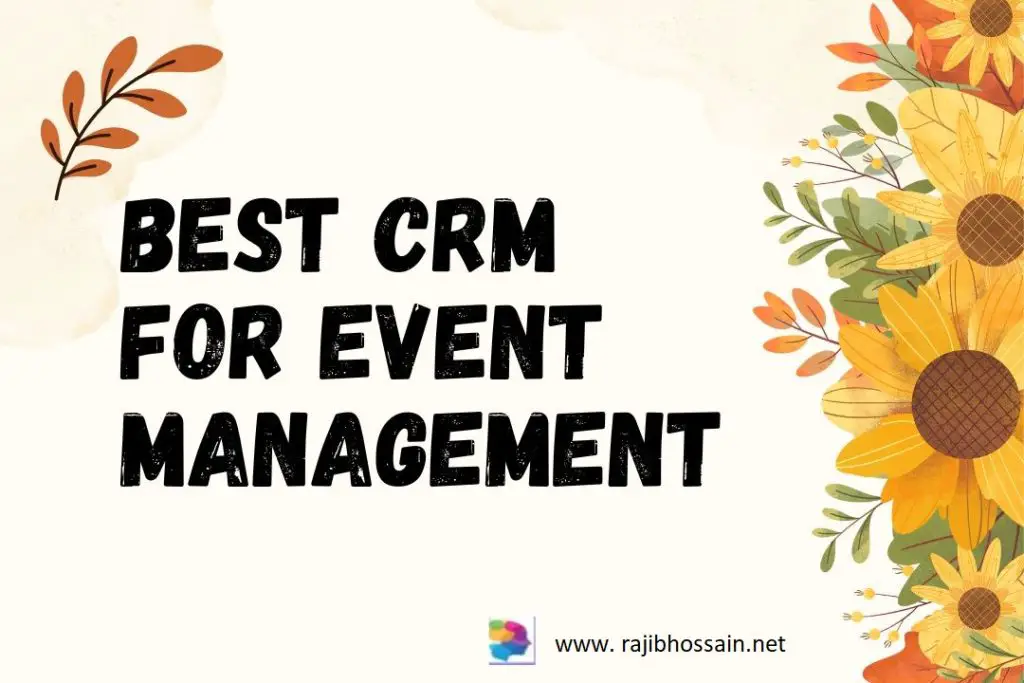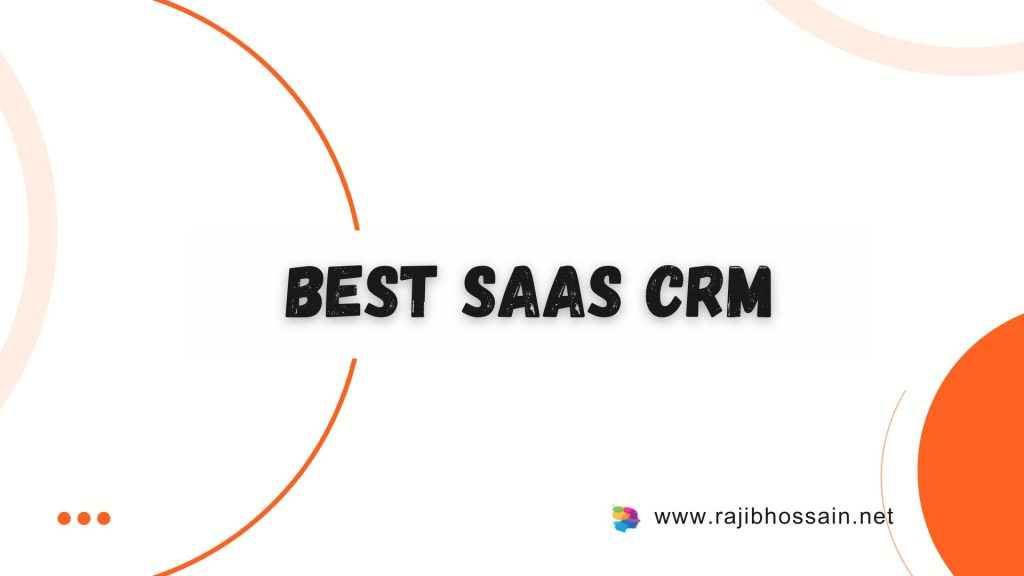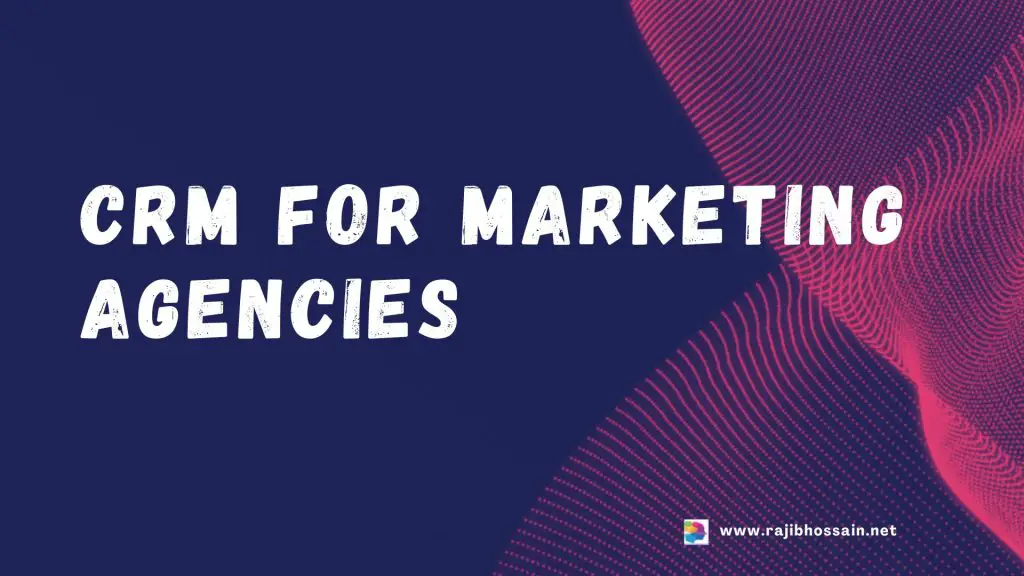Introduction:
Customer Relationship Management (CRM) systems are at the heart of any successful business strategy. These systems help companies manage interactions with current and potential customers. However, as the business landscape evolves, so do the demands placed on CRM systems. Enter Artificial Intelligence (AI) for CRM – a revolutionary technology that is transforming how businesses interact with customers, make decisions, and ultimately grow. This article delves into how AI is enhancing CRM systems, the benefits it brings, and how businesses can leverage this technology for improved customer relations.
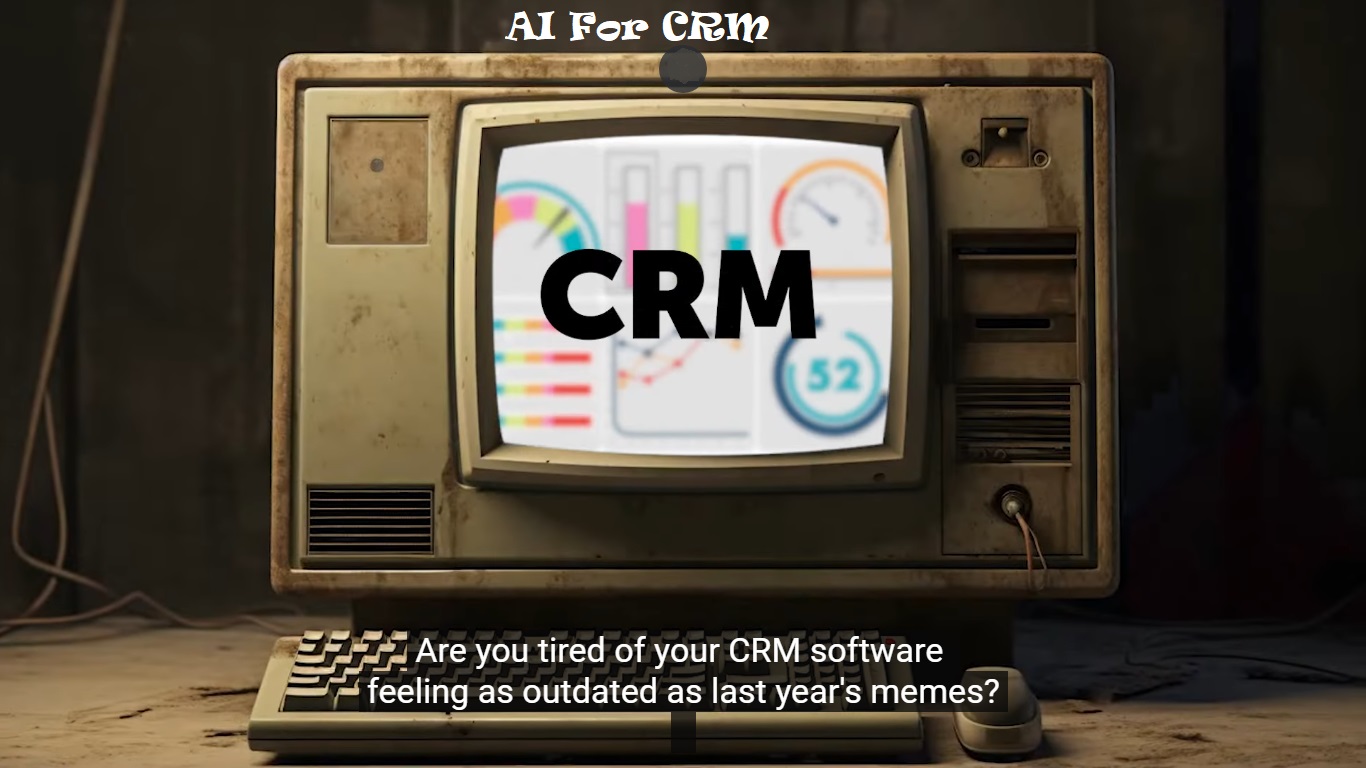
What is AI for CRM?
AI for CRM refers to the integration of artificial intelligence technologies into CRM systems. This integration enables CRM platforms to analyze large volumes of data, predict customer behavior, automate routine tasks, and provide personalized customer experiences. AI-powered CRM systems use machine learning algorithms, natural language processing, and predictive analytics to improve the efficiency and effectiveness of customer relationship management.
Benefits of AI for CRM:
- Enhanced Customer Insights: AI algorithms analyze customer data from various touchpoints, providing deeper insights into customer preferences, behaviors, and needs. This helps businesses tailor their marketing strategies and improve customer engagement.
- Personalized Customer Experience: AI enables CRM systems to deliver highly personalized experiences by analyzing past interactions and predicting future needs. This personalization can significantly enhance customer satisfaction and loyalty.
- Sales Forecasting: Predictive analytics tools powered by AI can forecast sales trends and outcomes with high accuracy. This allows businesses to make informed decisions and develop effective sales strategies.
- Automation of Routine Tasks: AI automates repetitive tasks such as data entry, appointment scheduling, and follow-up emails. This not only saves time but also reduces human errors, allowing employees to focus on more strategic activities.
- Improved Customer Service: AI-driven chatbots and virtual assistants can handle customer inquiries 24/7, providing instant support and resolving common issues. This enhances customer service efficiency and responsiveness.
- Lead Scoring and Management: AI algorithms can score and prioritize leads based on their likelihood to convert, ensuring that sales teams focus on the most promising prospects. This improves conversion rates and sales productivity.
How AI Enhances CRM Functions:
- Data Management: AI improves data quality by identifying and correcting inaccuracies, duplicates, and inconsistencies. This ensures that CRM systems have clean and accurate data for better decision-making.
- Customer Segmentation: AI analyzes customer data to identify distinct segments based on behavior, preferences, and demographics. This enables targeted marketing campaigns that resonate with specific customer groups.
- Sentiment Analysis: Natural language processing (NLP) techniques allow AI to analyze customer feedback and sentiment from social media, reviews, and surveys. This helps businesses understand customer opinions and address issues proactively.
- Workflow Optimization: AI streamlines workflows by predicting the best times to contact customers, the most effective communication channels, and the optimal follow-up actions. This leads to more efficient and successful interactions.
Implementing AI in CRM:
- Choose the Right CRM Platform: Select a CRM system that supports AI integration and offers the features that align with your business needs. Popular AI-powered CRM platforms include Salesforce Einstein, Microsoft Dynamics 365, and HubSpot.
- Integrate AI Tools: Incorporate AI tools such as chatbots, predictive analytics, and machine learning algorithms into your CRM system. Ensure that these tools are compatible with your existing technology stack.
- Train Your Team: Provide training to your team on how to use AI-powered CRM features effectively. This includes understanding AI-generated insights and leveraging automation tools for better productivity.
- Monitor and Optimize: Continuously monitor the performance of your AI-powered CRM system and make adjustments as needed. Analyze the impact of AI on your customer relationships and overall business performance.
Challenges and Considerations:
- Data Privacy and Security: Ensure that your AI-powered CRM system complies with data privacy regulations such as GDPR and CCPA. Protect customer data with robust security measures to prevent breaches and unauthorized access.
- Integration Complexity: Integrating AI tools with existing CRM systems can be complex. Work with experienced IT professionals or vendors to ensure a smooth and successful implementation.
- Cost: Implementing AI in CRM can be expensive. Evaluate the potential ROI and ensure that the investment aligns with your business goals and budget.
- Change Management: Introducing AI-powered CRM requires a cultural shift within the organization. Encourage a positive attitude towards AI and provide support to employees during the transition.
FAQs:
- What is AI for CRM? AI for CRM refers to the integration of artificial intelligence technologies into CRM systems to enhance data analysis, automate tasks, and provide personalized customer experiences.
- How does AI improve customer insights? AI analyzes large volumes of customer data to identify patterns and trends, providing deeper insights into customer behavior and preferences.
- Can AI-powered CRM systems improve sales forecasting? Yes, AI uses predictive analytics to forecast sales trends and outcomes, helping businesses make informed decisions and develop effective sales strategies.
- Are AI-powered CRM systems secure? AI-powered CRM systems can be secure if they comply with data privacy regulations and implement robust security measures to protect customer data.
- What are the costs associated with implementing AI in CRM? The costs can vary depending on the complexity of the AI tools and the CRM system. It’s important to evaluate the potential ROI and ensure the investment aligns with business goals and budget.
Conclusion:
AI for CRM is revolutionizing the way businesses manage customer relationships. By enhancing data analysis, automating routine tasks, and providing personalized experiences, AI-powered CRM systems enable businesses to stay competitive in a rapidly evolving market. While the implementation of AI in CRM can be complex and costly, the benefits far outweigh the challenges. By choosing the right platform, integrating AI tools, and training your team, you can harness the power of AI to transform your customer relationship management and drive business growth.






